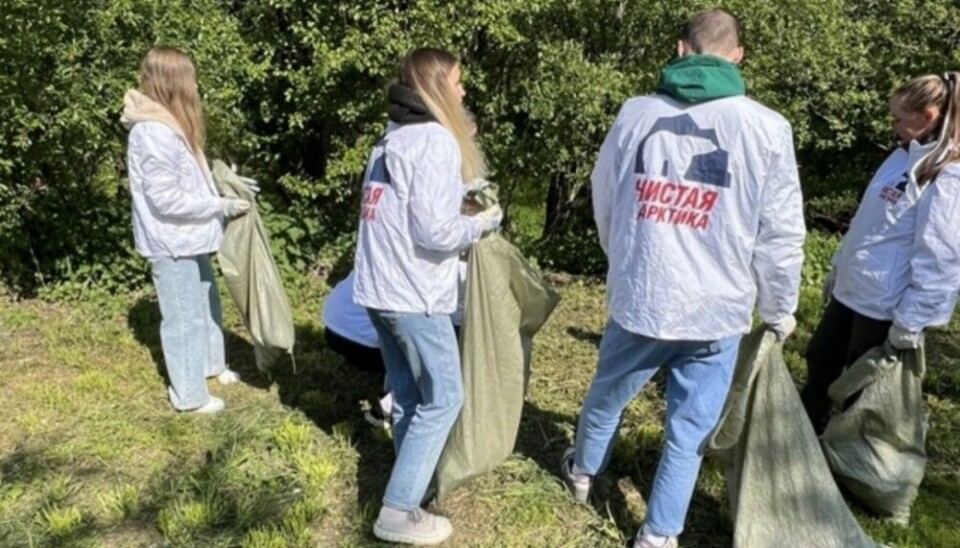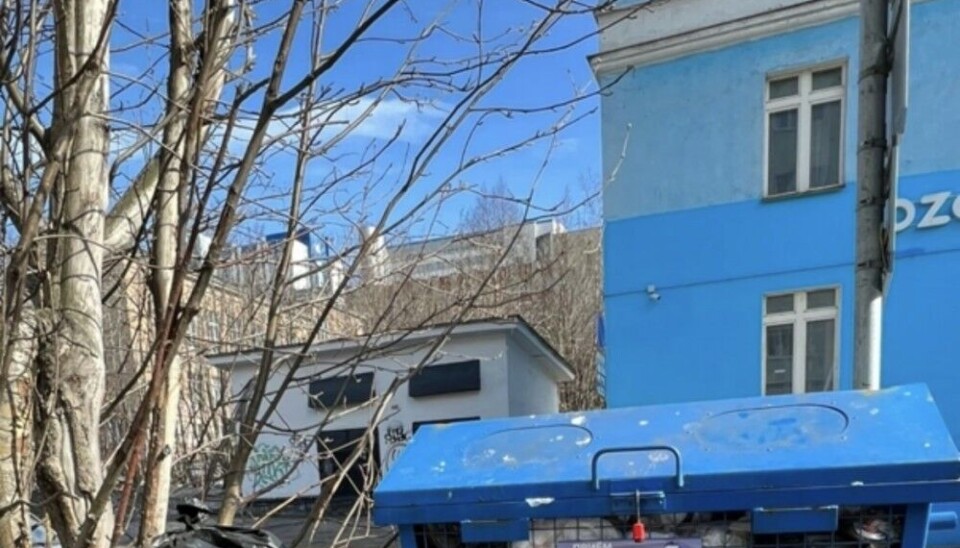
"Thanks to all for learning how to save our beautiful northern nature". "The Clean Arctic” project closes in Murmansk.
“Eco-issues could become forgotten”, experts warn.
“We have been working since 2018 and have reached many successes in ecological areas… Thanks to everyone for educating themselves and learning how to save our fascinating and beautiful northern nature”, - a statement from projects leader Ekaterina Makarova reads on the project social media Vkontakte page.
She added that despite saying farewell now, they might come back with a new project.
“The Clean Arctic” project was a Russian state-sponsored project and engaged in such activities as, for example, visiting schools and educating children about eco-awareness, gathering plastic in the northern towns and cities and sorting out the waste.

“This organisation has done a lot of useful things in Murmansk region, but they never touched such sensitive topics as nuclear waste, for example”, - an eco-activist from Murmansk, who asked to remain anonymous, told The Barents Observer. “We in Murmansk have big problems with plastic waste - like many places around the world. “The Clean Arctic” was very much involved in gathering and utilizing plastic. Schools in Murmansk don’t have any eco-education subjects, so now I’m afraid there will be a huge gap in knowledge how to deal with the waste, how to consume wisely and to be aware of climate change”.
As local eco-activists point out, organisation’s activities were not limited by just eco-activism. The “Green patrol” - organisation affiliated with “The Clean Arctic” project - also was involved in spreading propaganda. For example, like this headline in the state media: “Half of the pollution in the Murmansk region comes from Norway and Finland”, ignoring the fact that it was actually Norway that has been sponsoring the eco projects in Russia for many years.
Everything for the front line?
Some might wonder why the state-sponsored project closed despite the fact that Russia’s largest producer of non-ferrous metals Nornickel and the nuclear giant Rosatom are listed among its sponsors on the website.
“The Clean Arctic” representatives did not reply to The Barents Observer’s request for comment. Online news website Semnasem.org reported the closure was due to a “lack of funding”. Some experts link the closure to the fact that the eco-projects are not a priority for such big corporations anymore as millions are now needed amid the war in Ukraine.
Others suggest that any sort of activism, even state-affiliated one, is seen as potentially dangerous in Russia.
Eco-activist from Murmansk, The Barents Observer spoke to, doubts the reason for the closure is the lack of funding.
“Such projects are politically unsuitable now for those who support Putin and the course Russia took, - the activist, who asked to remain anonymous, told The Barents Observer, - Eco activism has always been part of a protest movement. Even though the “Clean Arctic” was a state-affiliated organization, they anyway relied on the work of many volunteers. And volunteer in contemporary Russia could be equal to an “extremist”. They probably, I assume, just don’t want to risk that suddenly someone representing “The Clean Arctic” could make an anti-war statement.”
Crackdown on eco-activism
Before “The Clean Arctic” closure, those were mostly independent eco-activists whose work was stopped. For example, Russia’s northern city of Arkhangelsk now tops list of harassed environmental defenders this year.
The World Wildlife Fund was recently labeled as a foreign agent and designated as “undesirable ”.














